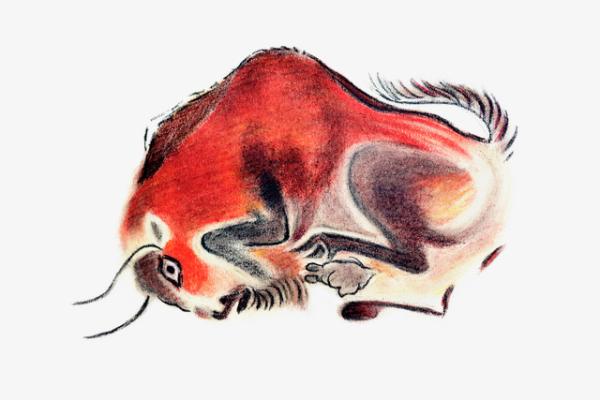Human Consumption of Large Herbivore Digesta and its Implication for Foraging Theory
Raven Garvey: Associate Professor of Anthropology at the University of Michigan; Curator of High Latitude and Western North American Archaeology at the U-M Museum of Anthropological Archaeology
Vegetal matter undergoing digestion in herbivores’ stomachs and intestines, digesta, can be an important source of dietary carbohydrates for human foragers. Digesta significantly increases large herbivores’ total caloric yield and broadens their nutritional profile to include three key macronutrients (protein, fat, and carbohydrates) in amounts sufficient to sustain small foraging groups for multiple days without supplementation. Including this underappreciated resource in our foraging hypotheses and models can substantively change their predictions. In this talk, I explore the foraging implications of digesta in two contexts—sex-divided subsistence labor and archaeologically observed increases in plant use and sedentism—using estimates of available protein and carbohydrates in the native tissues and digesta, respectively, of a large ruminant herbivore (Bison bison).
| Building: | School of Education |
|---|---|
| Event Type: | Lecture / Discussion |
| Tags: | Anthropology, Archaeology |
| Source: | Happening @ Michigan from Museum of Anthropological Archaeology, Department of Anthropology, Interdepartmental Program in Ancient Mediterranean Art and Archaeology |


